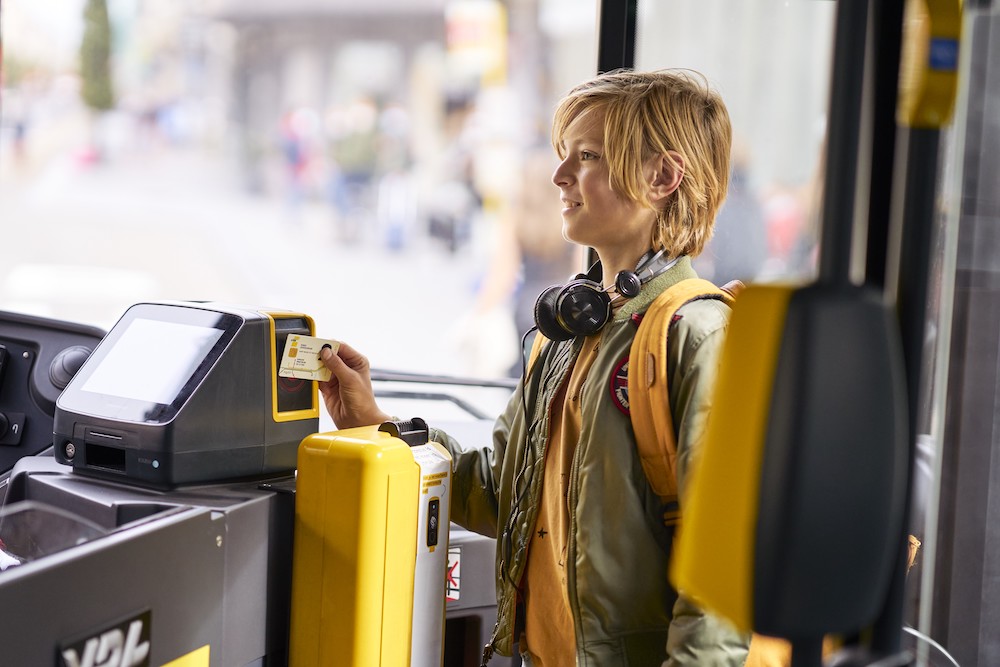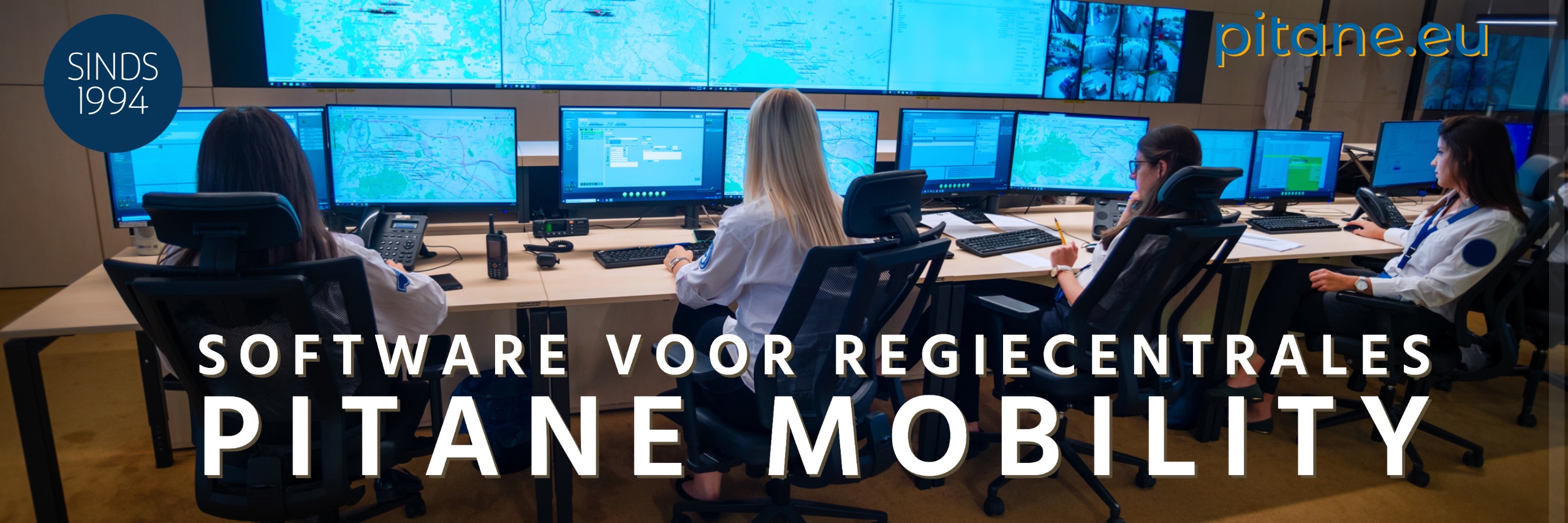With only a few days to go before the new school year, it is anxiously quiet around concrete solutions.
With the end of the summer holidays, many parents and schools are bracing themselves for the start of the new school year. Especially for children in special education there are problems with transport to school. Thanks to the first phase of Hoppin, an initiative of De Lijn, public transport should become more efficient and sustainable. However, the drawbacks weigh heavily for some families.
The story by Lien Koelman is just one of many. In her story in the Flemish newspaper De Standaard, Koelman calls the situation 'degrading'. After years of searching for a good solution for her son Louis, who is confined to a wheelchair due to cerebral palsy, he was finally taken by taxi to his school for special education. What used to take four to five hours a day was reduced to half an hour. However, recently Koelman was told that the taxi service will be discontinued next year. Louis can now prepare for bus rides that take about two hours each day.
Catholic Education Flanders reports that half of the 135 schools surveyed are seriously concerned about the transport of their students. Smaller minibuses and taxis are being discontinued and some schools are even reporting that there is no bus transport at all. A huge problem, because for many families there are simply no alternatives.
According to the Peeters cabinet, the fact that minibuses and taxis are no longer used is incorrect. De Standaard heard this during a telephone call at schools. One in eight directors indicated that bus rides have been cancelled. One in five said that not all bus journeys have yet been allocated through tenders. However, according to the government, children who were brought by taxi last year may now have to travel by bus because it is more efficient.
With an increase of more than 4.000 extra pupils in special education this school year, the issue of suitable pupil transport becomes even more pressing. According to Minister of Mobility Lydia Peeters (Open VLD), extra resources are needed to ensure that no one is on the road for longer than 90 minutes. But is this feasible? And isn't 90 minutes already way too long for children with special needs?
increase
The minister therefore acknowledges that additional funds are needed, but a crucial question is whether these funds will actually be allocated and whether they will be deployed in time. In the past we have seen that promises do not always lead to concrete actions. It is also questionable whether a 90-minute drive is an acceptable standard. For children who already face several challenges, a long bus ride can be an added burden that affects their learning experience.
The increase of 4.000 extra students shows that the need for specialized transport is greater than ever. This raises questions about how current policies, already falling short, will be able to meet this growing need. It seems that the 'optimization' of the number of journeys may need to be revised in light of these new developments.

Last year, Flemish Minister of Mobility Lydia Peeters invested 27 million euros extra in bus transport to provide solace for harrowing stories from 2021. Yet little seems to have changed. Kathleen Lebbe, student transport coordinator for four schools in Antwerp, states that there is currently no transport solution for about 500 to 600 students in the region.
new vision, old problems
The Hoppin policy came into force on 1 July, aimed at more efficient, sustainable and flexible public transport. Although the plan sounds good, it seems to have disadvantages for the most vulnerable groups in society. The promise of an “optimized” transport seems to be especially aggravating for those most dependent on good public transport. In the run-up to the new school year, De Lijn advises travelers to consult the app or website to see if there are any changes that will affect their journey. However, this advice rings hollow for the parents who wonder how to get their children to school.
The term 'optimization' has taken on a bitter aftertaste for many. What was intended as an improvement in public transport seems to be a step backwards for a specific but important group. It is crucial that these problems are taken seriously and that a sustainable and humane solution is found. If not, the "optimization" is nothing more than an empty promise, with dire consequences for those most vulnerable.
A multi-disciplinary approach seems necessary. Additional resources are part of the solution, but innovative ways to make transport more efficient and more tailor-made should also be considered. For example, can collaborations be set up with local taxi companies? Or can subsidies be given to parents who opt for carpooling?



